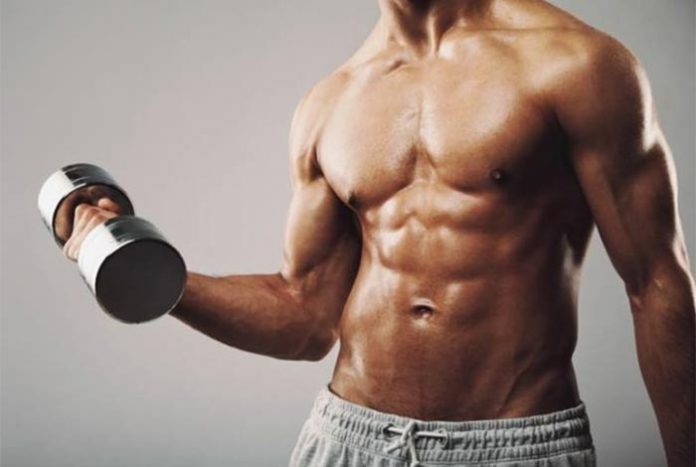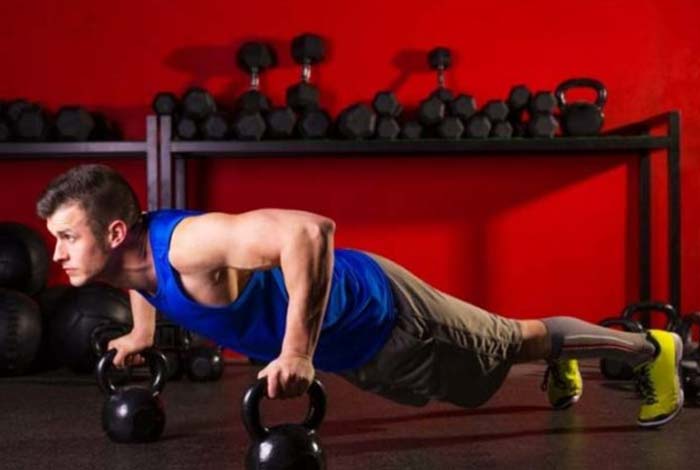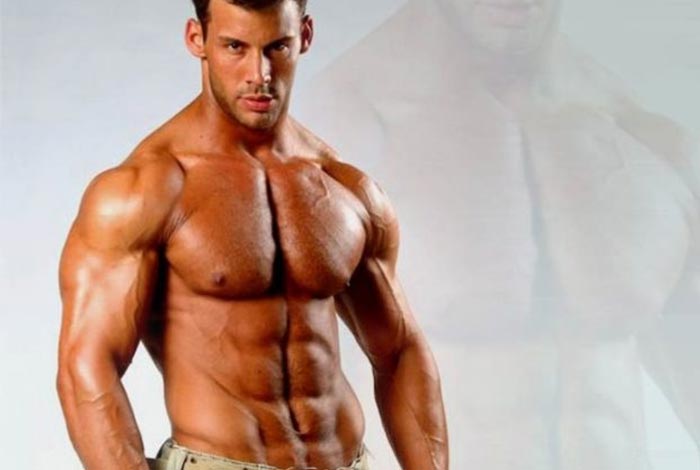
Fitness, in general, is a combination of strength, flexibility and stamina. However, most people today just focus on looking fit. Robust is in. Everyone just wants to achieve a bulky body with or without strength. The significance of aesthetics has been on an uphill. There is no denying the fact that work-out is no longer a way to achieve longevity. Work-out, these days, is all about enhancing one’s looks. When it comes to looks, everyone wants to stand-out in the lot as it is considered a symbol of confidence and high self-esteem.
Anyone who is a gym-hitter would know that cardio workout is meant to improve the cardiovascular health of an individual and weight-lifting is meant for muscle building. Cardio v/s strength training is an absurd concept as both are equally important to stay fit.
After hours of hard-working sweating session, everyone wants to achieve a muscular body. However, there are very few who actually get the results. Most of the gym-goers are blindly working hard and not getting close to their aspired muscle building goals. The only solution to this problem is “Know your Muscles”. Direct your energy in the right direction. But, what is the right direction?
There are mainly three types of muscles in our body, namely skeletal, cardiac and smooth muscles. However, we are interested only in skeletal muscles for this article. There are nearly 650 skeletal muscles in a human body which contract when the motor neurons send them signals. The better one becomes at activating these motor neurons to contract the muscles, the stronger one gets. This is the reason that power-lifters despite being non-bulky are able to lift very heavy weights.
Now, what is the physiology of muscle growth? Skeletal muscles consist of cells known as myofibers. These muscle fibers are made up of two types of filaments, i.e. actin and myosin filaments, which slide against each other to cause muscle contraction. There are mainly two mechanisms by which the muscles grow.
- Muscle Tension- If you want to build your muscles, the first important thing to do is push your muscles beyond their limits. Put your muscles through a lot of stress, greater than what they are adapted to. This causes chemical alterations in the muscles, leading to their growth. That’s why, fitness experts recommend progressively increasing the weight you are lifting.
- Muscle Damage- Ever thought that the soreness after workout is actually beneficial? This may come as a surprise to many but to build muscles, first damage your muscles. When you do strength training, you are actually damaging your muscle fibers. When you rest after your workout, these muscle fibers are repaired and the new muscle formed is bulkier and stronger. Thus, rest is a key element to build muscles.
Another critical factor is the consumption of a nutritious diet following a work-out session. Gym-goers are protein freaks. Why is it so? As mentioned, skeletal muscles are made up of actin and myosin filaments. Both these filaments are made up of proteins. Thus, high-protein diet, especially after workout contributes to muscle building.
Now, you may believe that strength training only makes you stronger. Well, let me give you few more reasons to aim for a muscular body. Muscles help in managing weight. These serve as engines to burn the calories we consume. So basically, if you have more muscle mass and you are at rest right now, you are burning calories. Another important function served by muscles is they support joints. Thus, more muscle mass reduces your risk of joint injury. Increasing muscle mass also improves your stamina and posture.
With this background, comes the big question “How can one build muscles effectively”. Start by sticking to some strength training regimen, whether free weights or weight machines. Make sure that the amount of weight and the number of repetitions are high enough to produce muscle fatigue. Make a rule to do some basic strengthening exercises such as lunges and squats. Do not work on one group of muscles throughout the week. Alternate the muscle groups. For instance, if you are working on triceps, chest and shoulders on the first day, switch to lower body muscles the next day. Another important factor which is often neglected is adequate hydration. Drink water before and after workout to combat the electrolyte depletion created by workout. Another key element is a balanced diet. A common myth prevails that protein is the only nutrient required to build muscles. The fact is that although protein must be emphasized, a balanced-diet enriched with carbohydrates, fats, proteins and vitamins is needed to build and sustain muscles. Basically, high protein with everything else in moderation should be consumed. This protein requirement can be fulfilled by natural dietary sources or some easily available supplements, such as whey powder, casein powder, creatine, glutamine, etc. Another important factor is getting enough sleep. Sleep deprivation can hinder the growth hormone production, thus affecting the process of muscle building.

Now the question arises does everyone respond to these strategies in similar fashion? The answer is No. Every body is different. Some may build muscles with very little efforts while other may have to put in a lot of efforts. With the same exercise and diet regime, girls may never be able to build muscles as effectively as a guy, for a very simple reason i.e. presence of more testosterone in males. Testosterone promotes muscle growth.
In conclusion, there is no definitive mantra to build muscles. Alternate cycle of strength training and rest, supplemented with a nutritious diet is the key to build muscles. However, it is important to listen to your body. Start small and aim big. Perseverance is the key.











